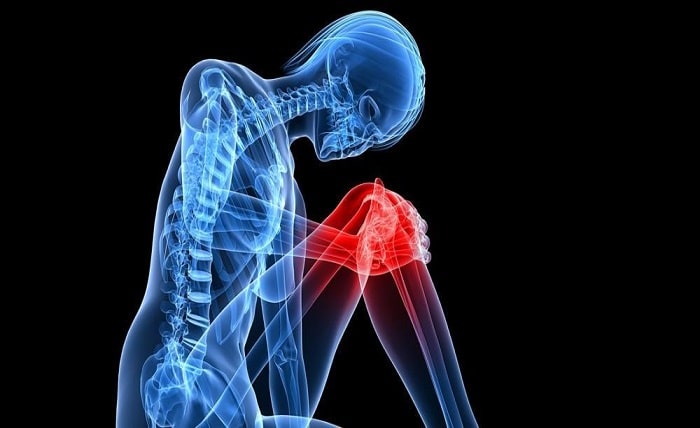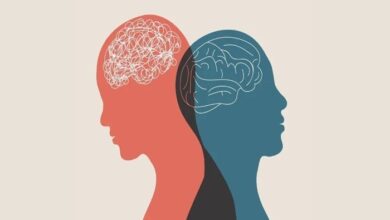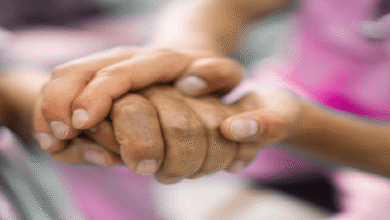Tips For Easing Joint Pain During Pregnancy

Pregnancy is a beautiful journey, but it often comes with its share of physical discomforts, including joint pain. As you go on to have multiple children, the symptoms tend to get worse with each kid, especially joint pain. As your body undergoes significant changes to support the growing baby, your joints can experience added stress, leading to pain and discomfort. Here are some effective ways to ease the pain on your joints and body during pregnancy and make it more tolerable.
In addition to these tips, it’s important to consider the overall health and well-being of both the mother and the baby during pregnancy. Regular check-ups and monitoring can help ensure everything is progressing smoothly. If you’re experiencing any unusual symptoms or suspect you might be pregnant, it’s crucial to confirm your condition early on. Utilizing reliable pregnancy tests can provide clarity and peace of mind, allowing you to take the necessary steps for a healthy pregnancy journey. Remember, staying informed and proactive can make a significant difference in managing joint pain and other pregnancy-related challenges effectively.
Understanding Joint Pain During Pregnancy
Joint pain during pregnancy is common due to several factors:
- Weight Gain: Extra weight puts additional pressure on your joints, especially the knees and lower back.
- Hormonal Changes: The hormone relaxin increases to loosen ligaments in preparation for childbirth, which can lead to joint instability and pain.
- Postural Changes: As your baby grows, your center of gravity shifts, often resulting in changes to your posture and added strain on your joints.
Tips to Ease Joint Pain
1. Stay Active with Low-Impact Exercises
Engaging in regular, low-impact exercises can help maintain joint mobility and strength without causing excessive strain. Consider activities such as:
- Swimming and Water Aerobics: The buoyancy of water supports your weight, reducing joint stress while providing resistance for a good workout.
- Prenatal Yoga: Gentle stretching and strengthening exercises can improve flexibility and relieve tension in your joints.
- Walking: A simple, effective way to stay active. Ensure you wear supportive shoes to reduce impact on your joints.
2. Practice Good Posture
Maintaining proper posture can significantly reduce joint pain. Here’s how:
- Stand Tall: Keep your shoulders back, chest lifted, and avoid slouching.
- Sit Smart: Use a chair with good back support and keep your feet flat on the floor. A small pillow behind your lower back can provide extra support.
- Sleep Position: Sleep on your side
continue
ChatGPT
- Sleep Position: Sleep on your side with a pillow between your knees to align your hips and reduce pressure on your lower back and joints.
3. Wear Supportive Footwear
Wearing the right shoes can make a big difference in reducing joint pain:
- Supportive Shoes: Choose shoes with good arch support and cushioning to absorb shock and distribute weight evenly.
- Avoid High Heels: High heels can alter your posture and increase stress on your joints. Opt for low-heeled or flat shoes instead.
4. Use Joint Support Devices
Sometimes, additional support can help alleviate joint pain:
- Maternity Belts: These belts support your lower back and abdomen, helping to reduce pressure on your joints.
- Compression Socks: These can improve circulation and reduce swelling in your legs and feet.Brands like Crazy Compression offer options that are both supportive and comfortable, which can be especially helpful during pregnancy when leg fatigue is more common.
5. Stay Hydrated and Eat Well
Proper nutrition and hydration are essential for joint health:
- Stay Hydrated: Drinking plenty of water helps keep your joints lubricated.
- Balanced Diet: Consume a diet rich in anti-inflammatory foods like fruits, vegetables, whole grains, lean proteins, and healthy fats. Calcium and vitamin D are particularly important for bone health.
6. Apply Heat and Cold Therapy
Using heat and cold can help manage joint pain:
- Heat Therapy: A warm bath or heating pad can soothe sore joints and muscles.
- Cold Therapy: Ice packs can reduce inflammation and numb sharp pain.
7. Consider Prenatal Massage and Acupuncture
These therapies can provide relief from joint pain:
- Prenatal Massage: A professional massage therapist can target specific areas to relieve tension and improve circulation.
- Acupuncture: This ancient practice can help balance your body’s energy and reduce pain.
8. Listen to Your Body and Rest
It’s crucial to balance activity with rest:
- Rest: Make sure to get plenty of rest and avoid overexerting yourself. Elevate your feet when sitting to reduce swelling.
- Listen to Your Body: Pay attention to your pain levels and adjust your activities accordingly. If something hurts, stop and rest.
9. Consult Your Healthcare Provider
If joint pain Idaho Falls becomes severe or persistent, it’s important to consult your healthcare provider:
- Professional Advice: Your doctor or midwife can provide personalized recommendations and may refer you to a physical therapist for specialized exercises and treatment.
- Medication: In some cases, your healthcare provider might recommend safe pain relief options during pregnancy.




